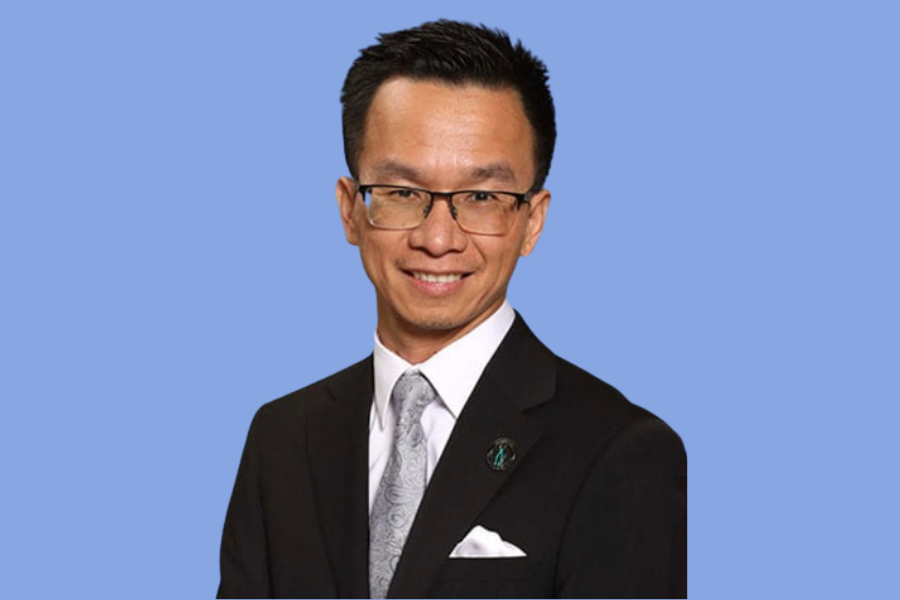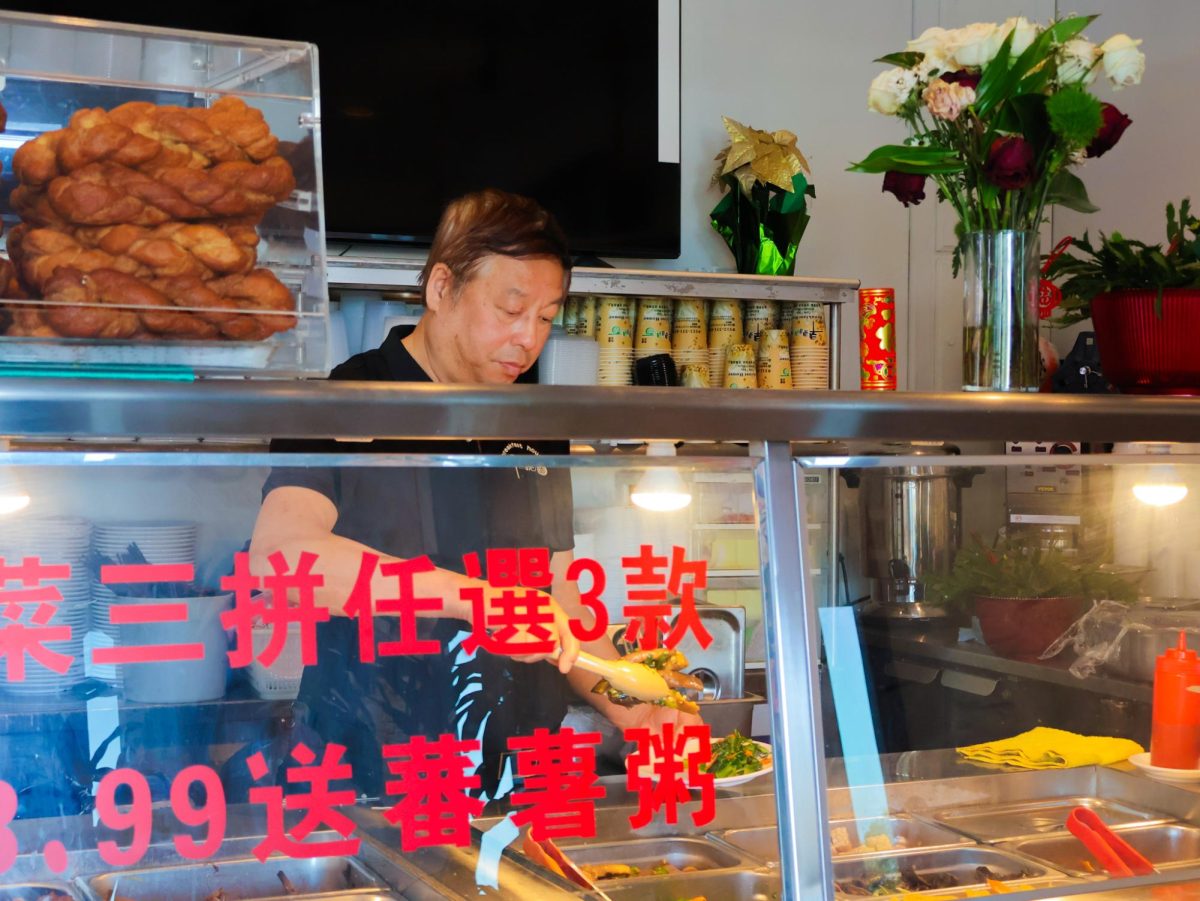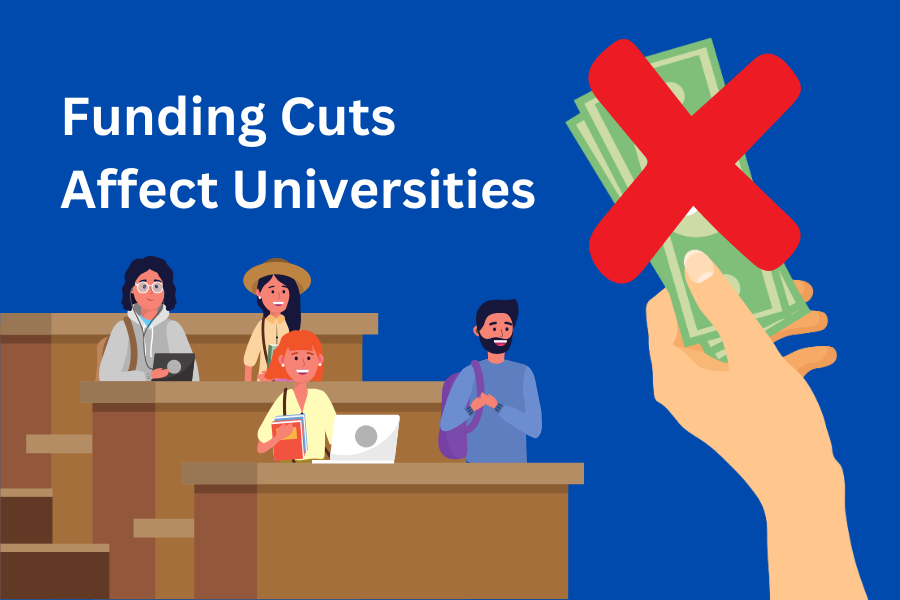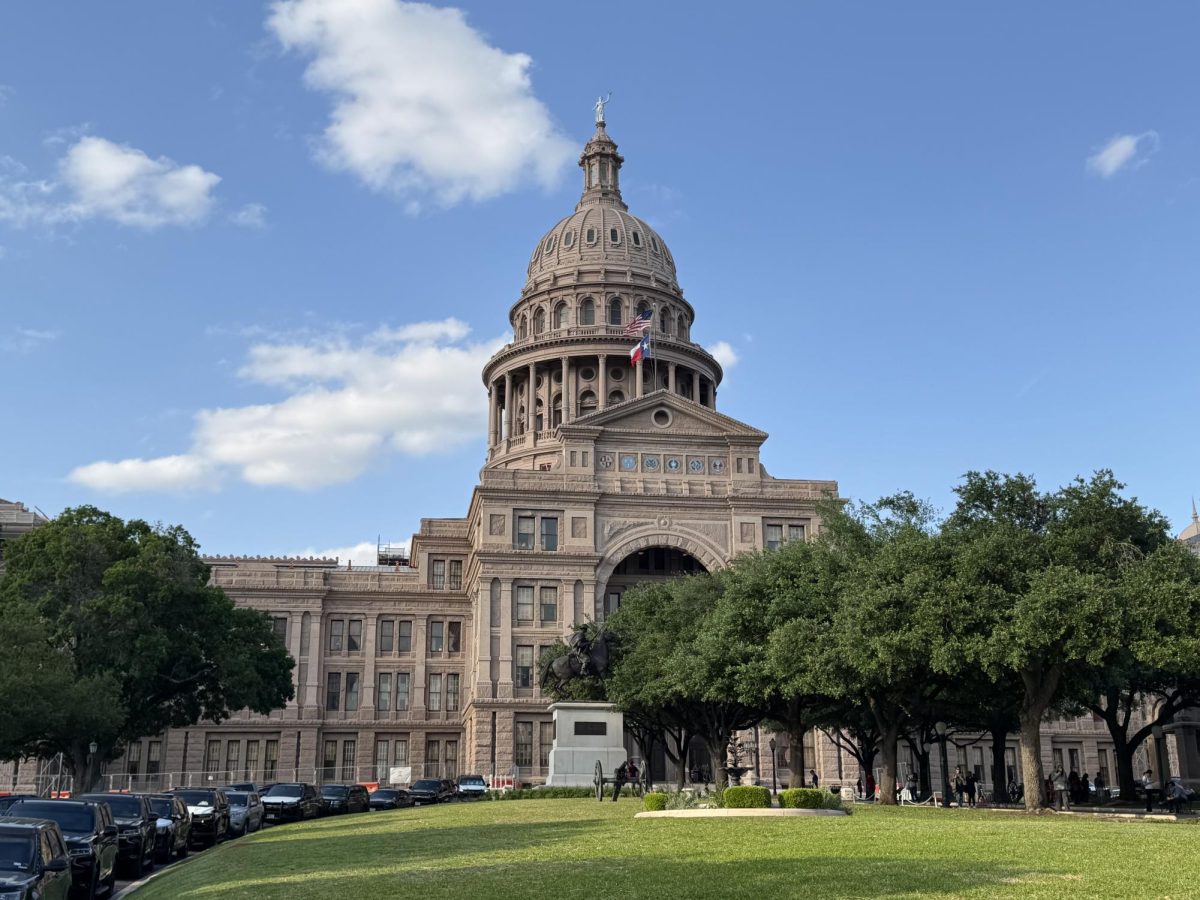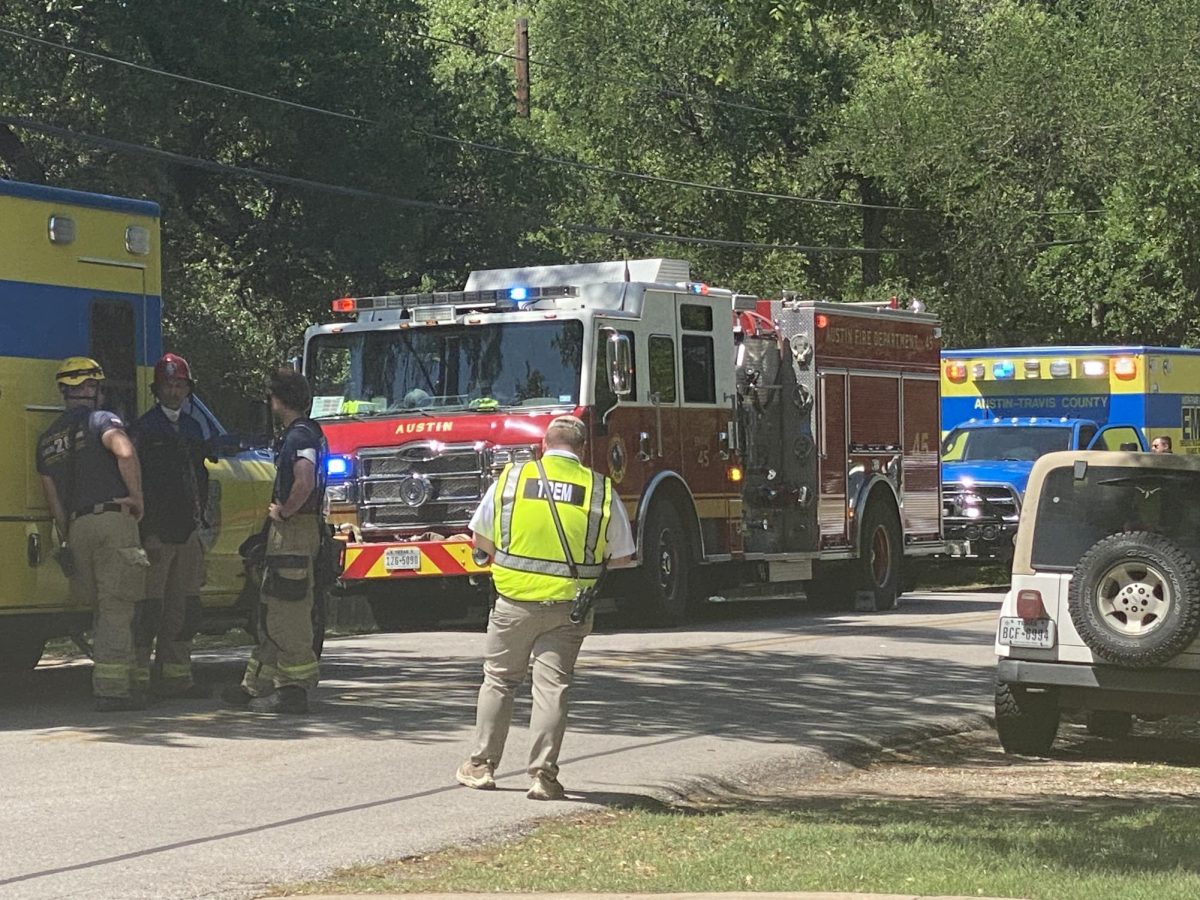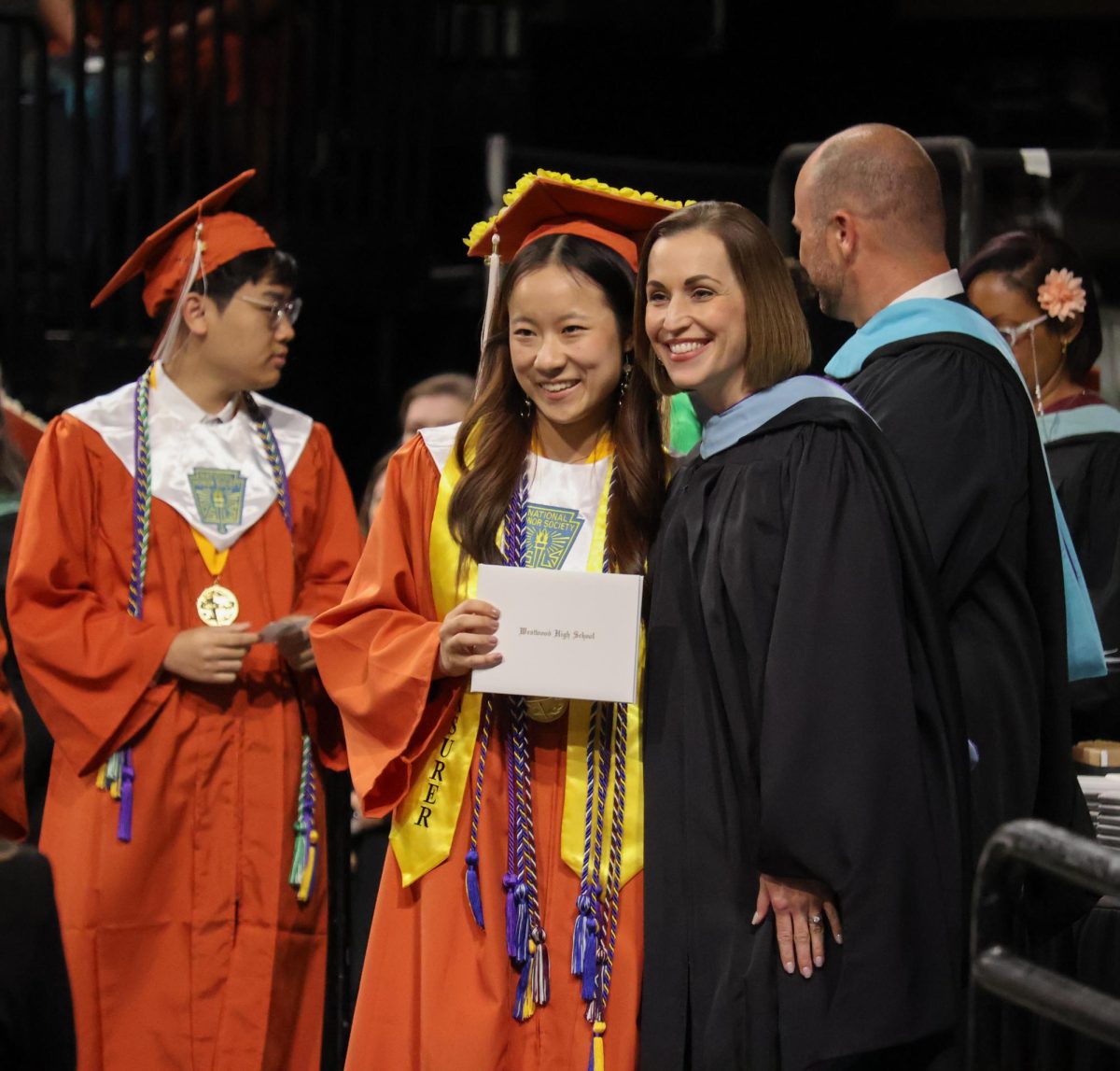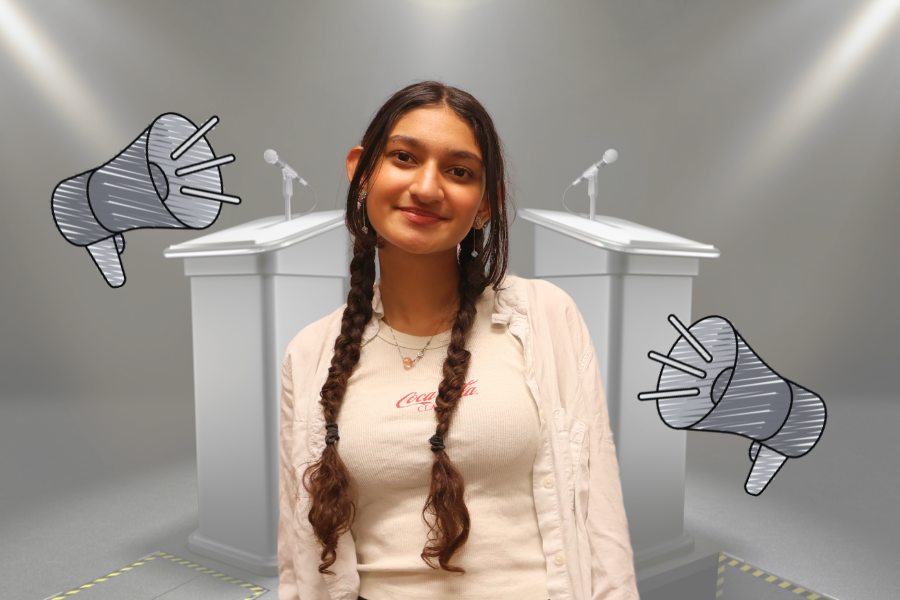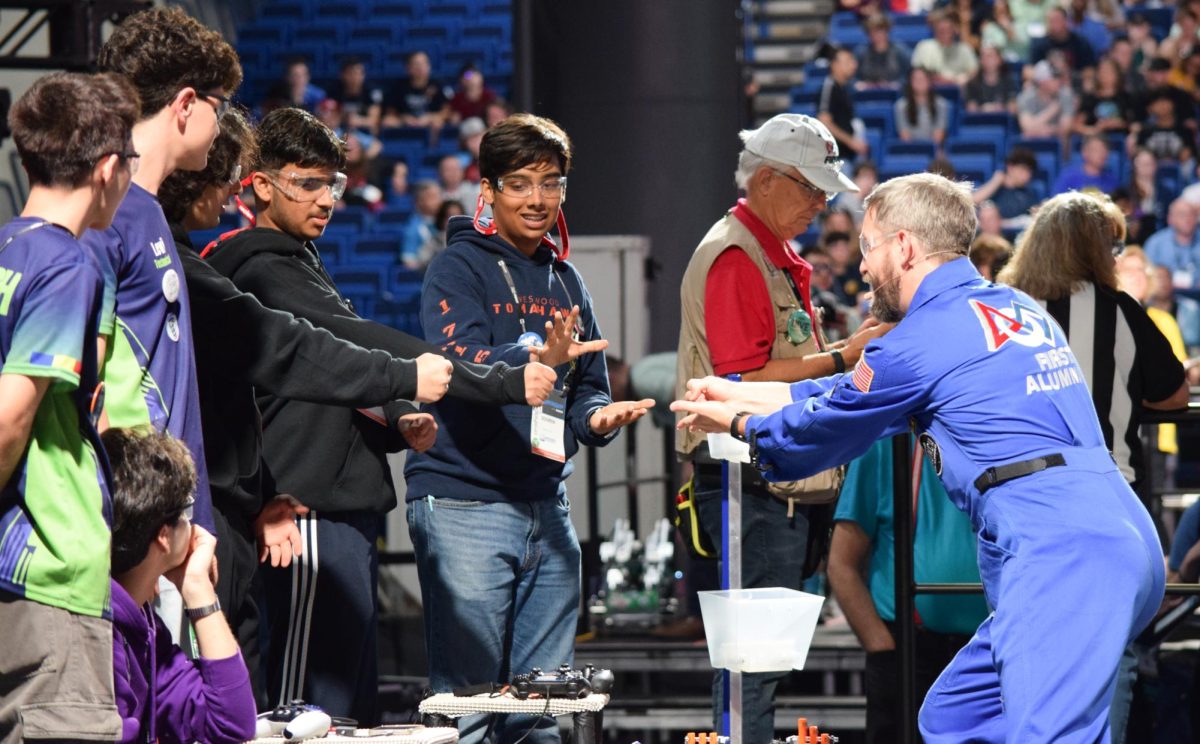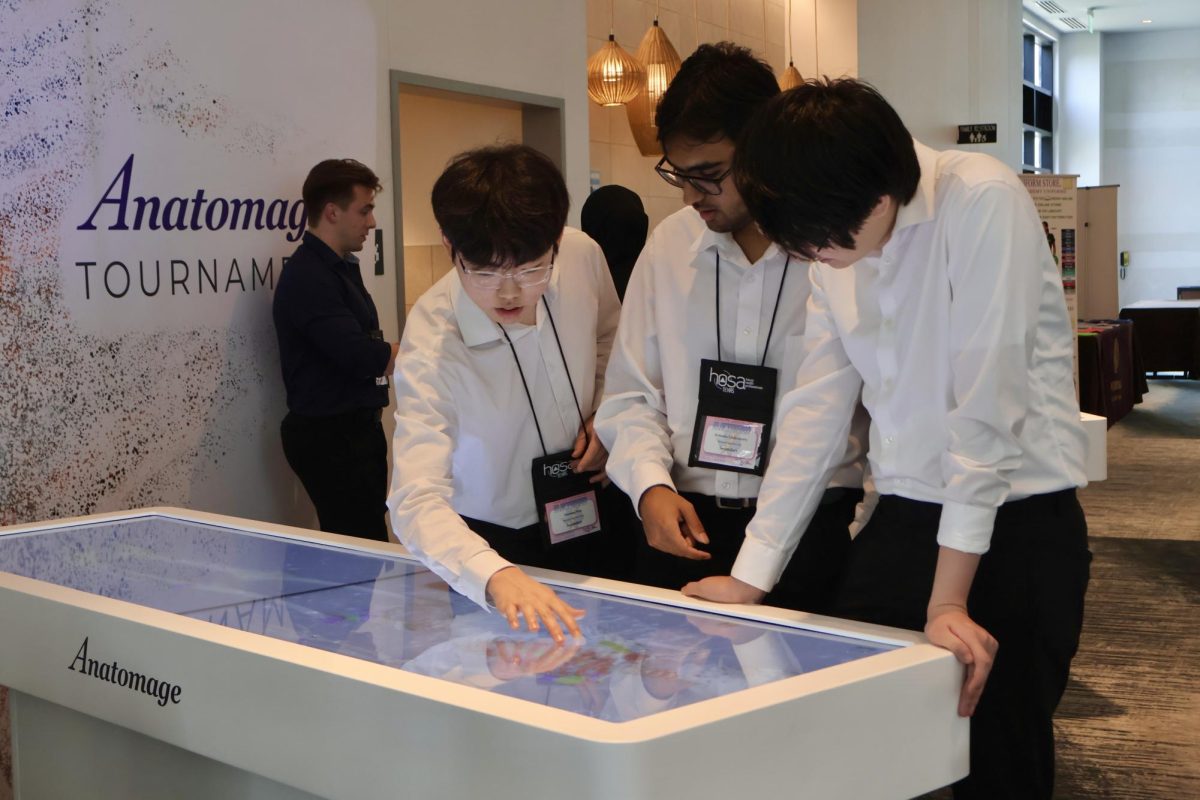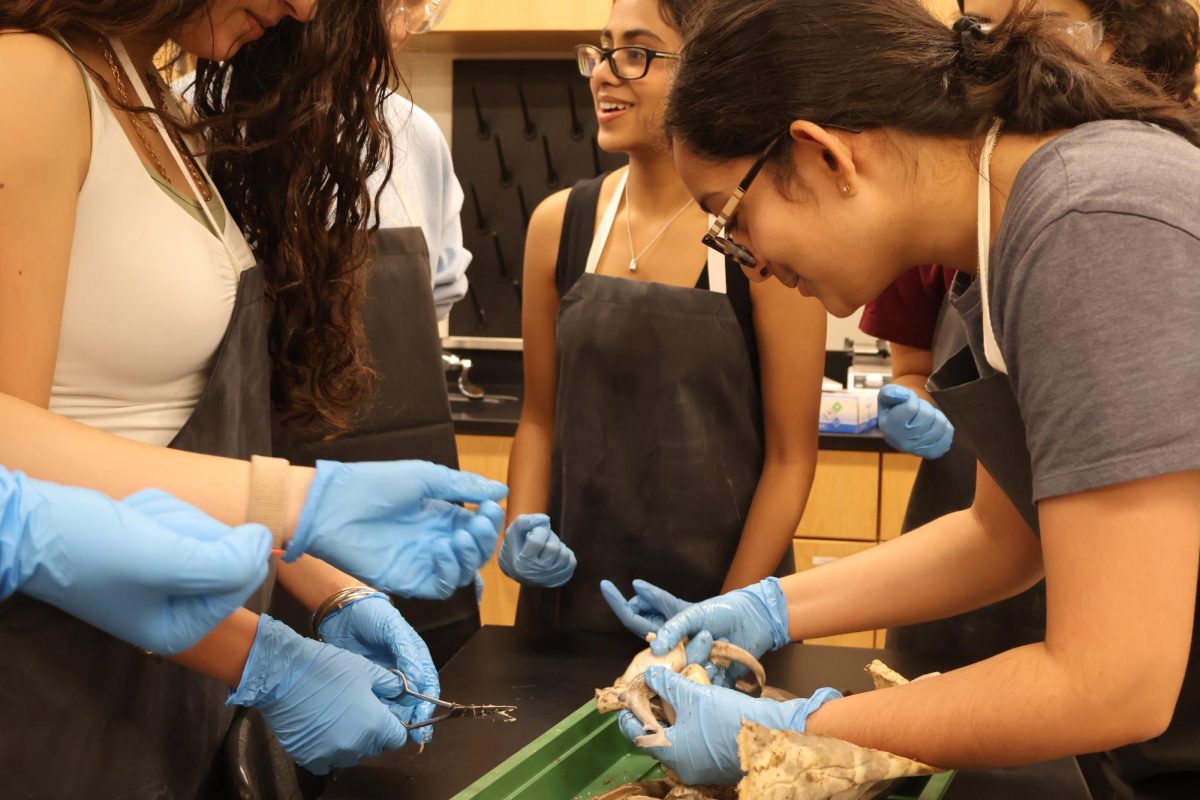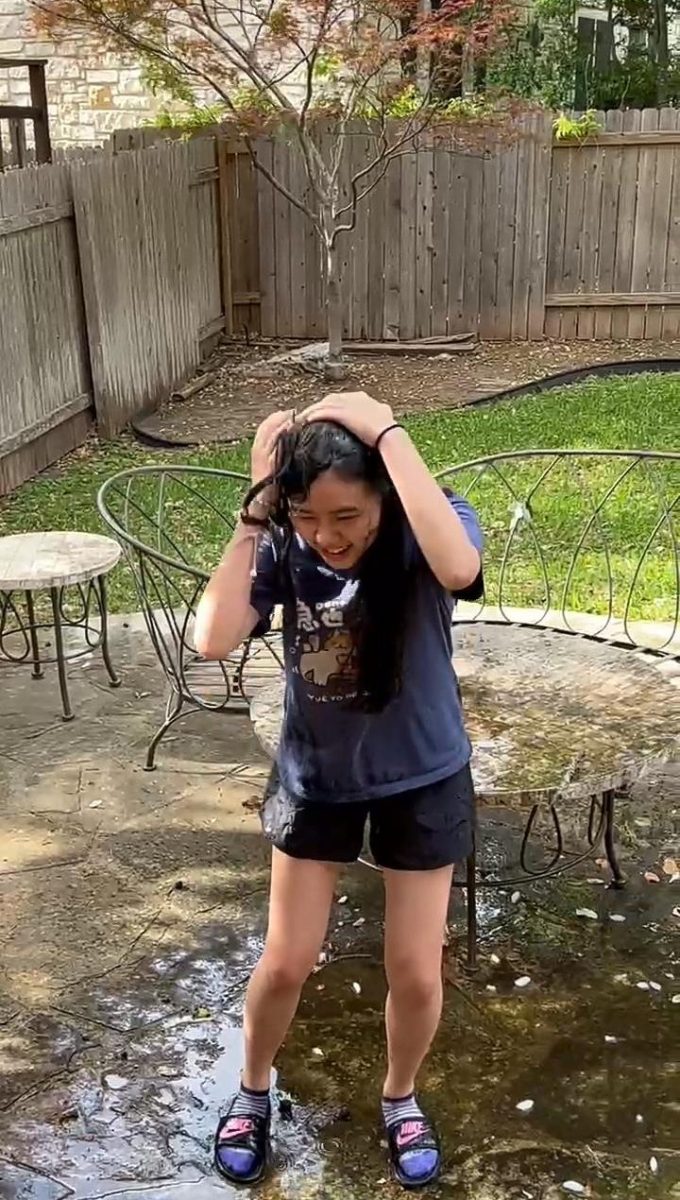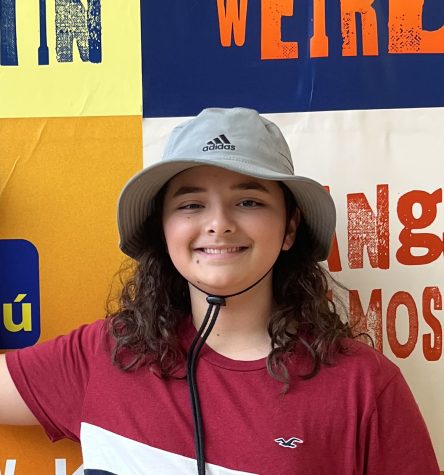In a political landscape strife with distrust and contempt, many Americans desire a politician that not only accurately represents their views but someone who does so politely and impartially. This is where Dr. Mingyuan “Michael” Wei believes he fits in.
The newly-elected nonpartisan Place 7 Round Rock Independent School District (RRISD) Trustee is also a father of school-aged children, which he believes naturally allows him to not only want the best for his kids education-wise, but also create steps to further optimize the educational process for all students. However, Dr. Wei believes that his true differentiating factor lies in his attitude and methodology of carrying out his plans: he wants to implement his policies in a straightforward and no-nonsense way.
“My platform is very simple,” Dr. Wei said. “It is just ‘How can we provide the best education for the kids,’ and that’s it. Plus, we need to make sure [their schools are] safe. So quality education plus campus safety, that’s pretty much it. I really want to bring our attention, all our energy, all our resources, to this focus. We don’t want to distract ourselves with other stuff.”
But in the pursuit of getting the best education for its students, RRISD is notoriously known by the community for facing major hurdles, especially recently. The biggest of these is budget constraints. One of the primary reasons for a district-wide bond campaign, budget constraints have made significant changes in educational facilities and have brought upon unforeseen infrastructural shifts such as equipment being difficult or impossible to obtain. Dr. Wei believes that before combatting this issue, it’s important that one understands the root of the problem.
“[The budget] is the one of the biggest challenges we are facing right now as a district,” Dr. Wei said. “Both the funding shortage and the staffing shortage. It’s not just us but almost every district in Texas is facing the same problem. The biggest thing is the state funding. They don’t give us enough money. In a simple way, [the state has] not increased the basic allotment per student, as in the money they are supposed to give us per student, since 2019 (which was $6,160). That’s not supposed to happen, because you think about inflation right? From 2019 until now, it should have increased 20-30%. So it should be closer to $10,000 by now.”
But inflation coupled with a stagnant state government when it comes to educational funding are not the only reasons for a declining district income. According to Dr. Wei, an aggressive state “recapture” program is draining the funding of RRISD schools. This largely controversial program allows for the redistribution of a part of education funding to help balance out other parts of the state budget.
“We pay a lot of property tax,” Dr. Wei said. “But almost 40% of our property tax is ‘recaptured’. That hurts us a lot. I mean, I think the ‘recapture’ [program] is a good thing for us when we need money, but we just don’t. We just can’t take it. The state law requires us to help out other districts, but our district [itself] is just really short on money.”
A further issue Dr. Wei noted in upgrading educational facilities is how fast the aforementioned student allotment runs out. After spending all the money necessary to provide the students with a quality education in early years, little money is left for RRISD to invest into bettering recent issues such as improving school buildings or raising teacher pay.
“[This is] one of the reasons why we have a bond [campaign] for 2024,” Dr. Wei said. “It is one typical way we can get a facility upgrade. We cannot use state money to [upgrade our facilities]. The bond is the only way we can do it [right now]. We use 80% of our state money to pay for teacher salaries. So, with that, I think we need to be a little creative with how to get money [to the district].”
This idea of being “creative” in the search for funding is a big part of not only Dr. Wei’s current platform but also his past. With his P.h.D obtained from the Chinese Academy of Sciences, Dr. Wei worked as a scientist analyzing data, and he plans on applying the skills obtained throughout his career to the organization of RRISD.
“If you watch a board meeting, you’ll see we have these reports a lot of the time that we use ‘student outcome performance measures’,” Dr. Wei said. “All these reports are basically just data that tells us ‘this is our target, this is where we’re at, and how close we are to our target’. You need to make a decision based on this data about how the student’s learning is going. So I think a lot of the time, people may not understand this and they try to put politics in the decision-making process which I don’t like. I hate it. So with my background as a data scientist and in dealing with data a lot, I can confirm that I will make decisions solely based on data, not on any personal emotion or any political drivers.”
This objective mindset is actually what initially motivated Dr. Wei to get involved in politics. There was even a specific instance of level-headedness that motivated him to help out with the political process and even run for a political office himself.
“My initial motivation to run was a Chinese-American lady that spoke at every board meeting [during the pandemic] about mask mandates,” Dr. Wei said. “A lot of people sent death threats to her and even just said she was a ‘Chinese virus’ or saying ‘you should go back to China,’ But she just continued showing up. She even told me, the more people that attacked or used racist comments against her, the more motivation she had. That just made me feel like if you believe something is good, scientifically logical, and helps protect our kids, then you should continue [advocating for] it, regardless of how many people attack you.”
While his Chinese-American background did introduce obstacles in the campaign process for Dr. Wei, it also had some key, somewhat unexpected, benefits.
“When a Chinese-American runs for any office, people are going to attack you online, basically just saying you’re not American enough,” Dr. Wei said. “[ Simply because I was born in China and became a US citizen later on in life, they’re going to attack you, saying you’re not American enough, calling you a communist, accusing you of being a spy for the CCP. It’s not just for me, it’s for every single Asian-American candidate. On the other hand, everytime there is a minority on the ballot, the turnout will be higher for that candidate. That’s the strength [in being a minority candidate], because when I told people in my community that I was running, almost 70% of them said ‘I’ll go out to vote for you, even though I haven’t voted in the past four years’. So as a minority candidate, you will trigger a higher turnout rate for the voting.”
Being a foreign-born candidate doesn’t only mean that Dr. Wei experiences a different campaigning process, but also that he presents an entirely different perspective towards the educational system.
“I saw the education system in China,” Dr. Wei said. “I saw the education system in Singapore. I know how [these systems] work, and I definitely will have some new ideas or perspectives that will help me make decisions. I will be able to question the fundamental issues in American public education. For example, the teachers in Singapore are government employees, they get the best benefits. That’s impossible in the United States.”
While his campaign process was impacted by his background, he still faced many of the major obstacles present in any politician’s campaign. One of these major obstacles was effectively reaching voters. While having an increased voter turnout in his minority community was certainly a boost, he still needed to find ways to effectively connect with and impact many more voters. One such way was connecting to teacher associations and unions in order to rally much more support in one fell swoop.
“[Partnering with organizations] is the way you win the election,” Dr. Wei said. “Without their effort, there’s no way I could have reached out to all 45,000 voters who voted for me. If I was running for president I wouldn’t have to make these connections, as everyone would be searching for information. But as a school board member, 80% of people don’t know who to vote for or who is who until the last second.”
In the end, the ones most directly affected by decisions within the education system are the students receiving the education themselves. This is the reason, Dr. Wei believes, why hearing the voice of the students is so important to make effective educational decisions.
“Students are the future,” Dr. Wei said. “They’re our future leaders, our future everything. I’ll see what kind of procedures or requirements I need to talk to [the students], I’ll always have my door open for them.”

